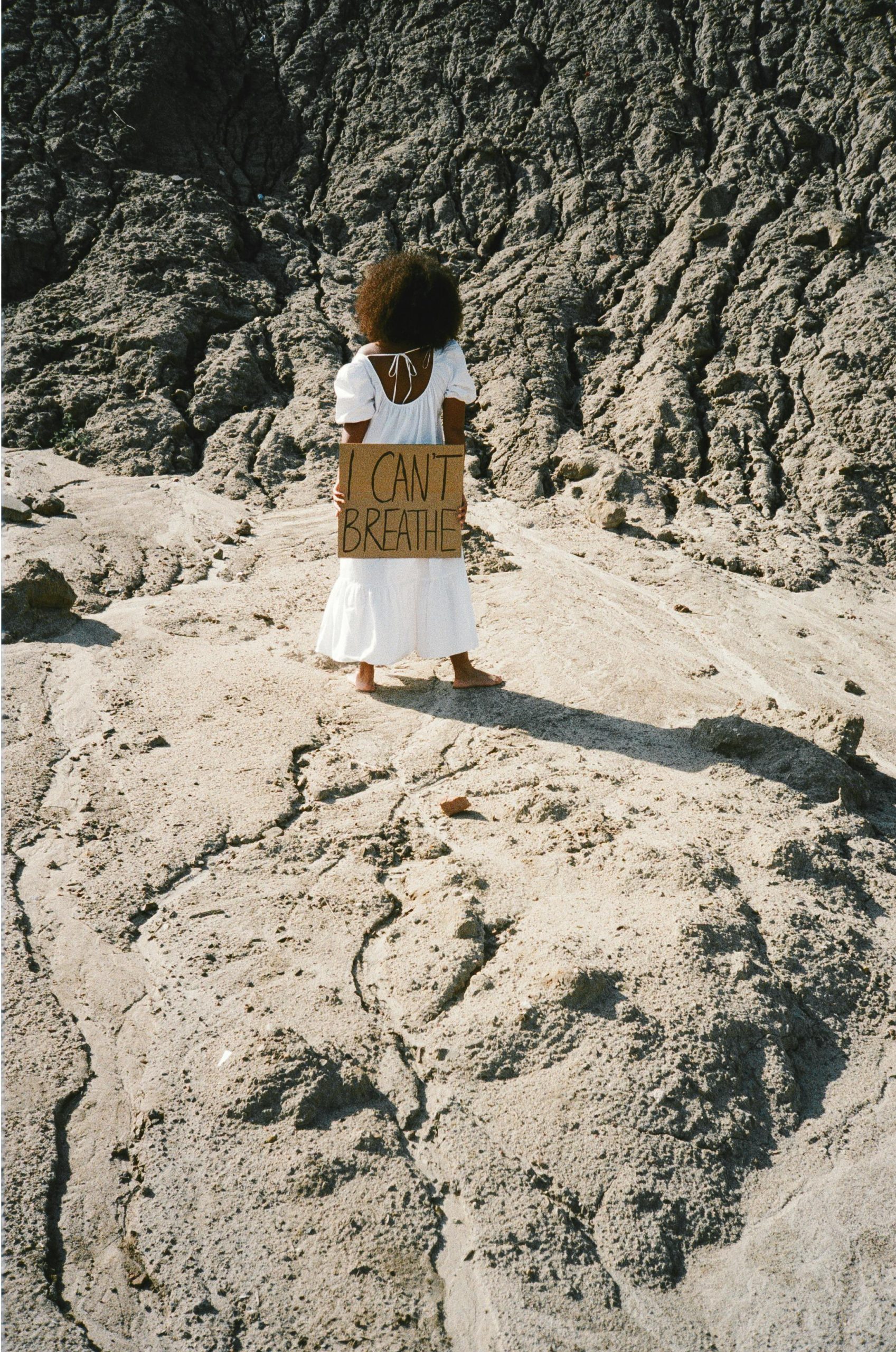Understanding Insurance Disputes When a Tree Falls: Wind, Rain, and Coverage Challenges
Dealing with property damage caused by natural events can be a complex and frustrating process, especially when insurance claims are denied. Recently, a homeowner faced a perplexing situation: a tree collapsed onto their shed, and the sequence of events and responses from experts and insurers raised questions about coverage.
Expert Opinions vs. Insurance Claims
An approved local arborist, who assessed the situation, concluded that the tree fell due to a combination of wind and rain. This assessment is crucial because it provides a professional explanation of the cause. However, the homeowner encountered an obstacle when their insurance company classified the incident differently—claiming the fall was caused solely by rain.
Insurance Coverage and Denials
Many insurance policies specify coverage for damage resulting from specific causes, often including wind but sometimes excluding damage solely attributed to rain. In this case, the insurer denied the claim, citing rain as the exclusive cause of the tree falling, and thus, claiming the damage was not covered under the policy.
The homeowner noted that no insurance representative visited the property to independently verify the cause. This adds to the frustration, as decisions are made based on reports rather than direct investigation.
How to Address Disputed Claims
Disputes like this are not uncommon. Policyholders seeking to challenge denial decisions can take several steps:
-
Review Your Policy: Understand the specific coverage details and what causes are included or excluded.
-
Obtain Expert Evidence: Secure professional assessments, such as reports from certified arborists or engineers, to substantiate your claim.
-
Request a Formal Review: Contact your insurance company to request a re-evaluation, providing all supporting evidence.
-
Escalate the Matter: If disagreements persist, consider filing a complaint with your state insurance department or seeking legal counsel to explore further options.
-
Document Everything: Keep detailed records of all communications, reports, and evidence related to your claim.
Conclusion
Natural disasters and weather-related incidents can lead to complex insurance claims. Understanding your policy, gathering expert assessments, and advocating for yourself through formal channels are critical steps when disputes arise. If you find yourself facing a similar situation, don’t hesitate to seek professional advice and consider exploring your options to ensure your rights are protected.
Disclaimer: This article is for informational purposes only and should not be considered legal or insurance advice. For personalized assistance, consult with a licensed insurance professional or attorney.



